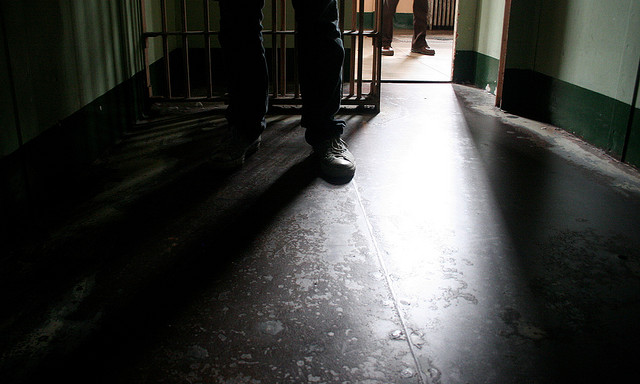The House County Affairs Committee today heard testimony on the circumstances surrounding the death of Sandra Bland. Bland was found hanged to death in her Waller County jail cell, three days after she was arrested following a traffic stop for allegedly failing to signal a lane change.
Since her death, which was ruled a suicide, alarms have been raised concerning almost every aspect of the case, from the officer’s actions during the initial encounter to the findings of her autopsy report.
Chair of the House County Affairs Committee, Representative Garnet Coleman, joined the Standard to discuss the impending hearing.
There are many unsettling aspects about the Sandra Bland case. What will be the focus of today’s hearing?
I think it’s important that we focus on the traffic stop, and the reason for it, and how that was related to her being taken to jail. Also, in terms of the standards that are used for someone who indicates that they have had a mental illness — a potential mental illness — whether those are the correct standards, and whether they need to be changed, and how we deal with those situations.
The screening process during booking should have should have ordered a mental health exam for Sandra Bland. How can lawmakers ensure correct procedures are followed?
First of all, we need to strengthen the Commission on Jail Standards and their review of different jails. That is under the jurisdiction of the Committee — and first of all, they don’t have enough staff to do the types of reviews that they need to do, and what you do also is make sure that the training is robust, and people understand — the jailers understand that this must be followed. Because we know that in county jails across the state, there are more people with mental illness in jail than there are in treatment. So this is extremely important. It’s not something that’s just a cavalier thing, it’s something that must be done because of that — that circumstance.
Independent jail oversight bodies are often just focused on the technical standards and planned procedures of the jail. But who monitors actual interaction with inmates?
That’s what needs to be changed. Because we know, and you know, that our mental health institutions happen to be our county jails. And if there isn’t a way to review that and to provide sanctions, that’s a challenge. You know that the Commission on Jail Standards does variances for overcrowding — for certain jails; that needs to stop. So it’s really a toothless commission. And I think it’s important that we change that. But I want to hear from the people today to make sure — and from Brandon Wood, who is the executive director of the Commission on Jail Standards — what he needs to do his job.
About 140 people have committed suicide in Texas jails since 2009. How will this hearing deal with the larger issue?
One of the things that we know is that it’s the training, and also what people are trained for, that needs to be enhanced. That’s why I want to hear from Brandon Wood what…needs to happen there. We changed a lot of things. For example, when racial profiling was a big issue — and still is — but that’s where the dashboard cameras came in. When it comes to sensitivity training…of officers, we’ve done that. Maybe we need to re-look at that and also look at that when it comes to jailers. We’ve done CPI training, de-escalation training, for peace officers — and maybe we don’t do enough of it. I passed a bill; it’s only eight hours of training for every peace officer. Maybe we need to do something that indicates the jailers need similar training — but why they need that training. So there are many things that can be done that enhance the ability to keep bad things from happening; not just something willy-nilly. And I think that’s important, because we’ve solved problems like this before.















